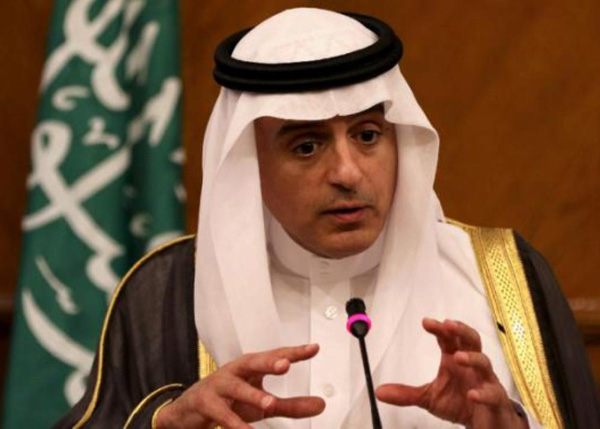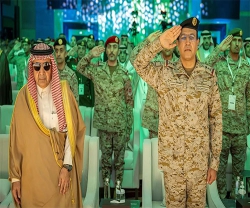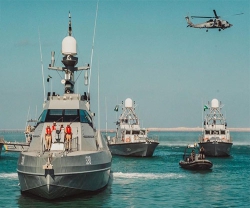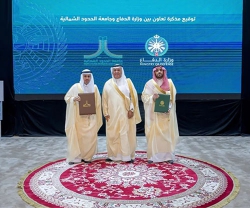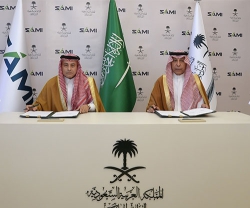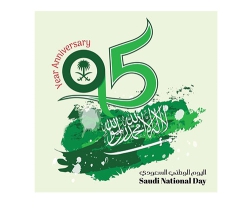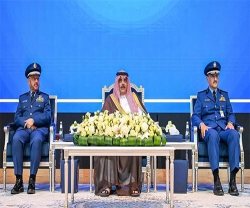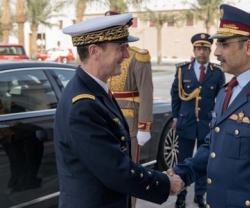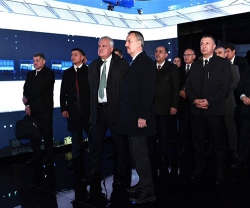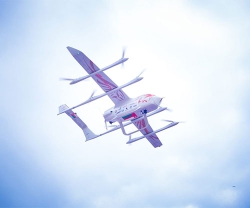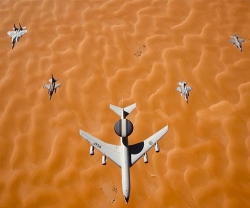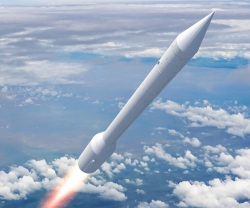Saudi Foreign Minister Adel Al-Jubeir said on Saturday that the Kingdom will take delivery of French arms it originally ordered for Lebanon.
“We made the decision that we will stop the $3 billion from going to the Lebanese military and instead they will be rediverted to the Saudi military,” Al-Jubeir told journalists during a visit in Paris.
“So the contracts (with France) will be completed but the clients will be the Saudi military,” he said.
Riyadh granted the aid package to boost Lebanon’s security amid rising threats from militants but cancelled the aid in response to Beirut’s failure to condemn attacks on Saudi diplomatic missions in Iran.
Saudi officials lamented that Lebanon had been showing hostile acts, blaming the Iran-backed Hezbollah of maintaining a stranglehold on the government to pursue its agenda. Hezbollah had also been fighting with the Syrian regime of Bashar Assad.
Al-Jubeir on Friday also said that Assad must leave at the beginning of a political transition, not at the end. “For us it is very clear it’s at the beginning of the process, not at the end of the process, it’s not going to be 18 months,” he said.
His comments came days before the United Nations plans to reconvene peace talks to try to end the five-year-old civil war in Syria.
The United States and other Western governments that were previously calling for Assad’s early departure have quietly backed away as his position has been strengthened by Russia’s military involvement in Syria since last September.
Meanwhile, Hezbollah chief Hasan Nasrallah disclosed for the first time Sunday that his party had secretly sent fighters to Iraq to fight Daesh (ISIS), saying that his group had fought under local command and did not interfere in the country’s internal affairs as Saudi Arabia did in some Arab states.
“Sunnis have been harmed by Daesh in Iraq more than the Shiites. After being asked to help in the fight against this globally renowned terrorist group, we took some fighters from south Lebanon, some from Syria and some from Yemen, and flew them to Iraq secretly,” Nasrallah said in televised speech.
“A large group of our commanders were sent secretly to Iraq because we did not want this issue to be exploited politically,” he added noting that a group of Hezbollah fighters is still in Iraq “because Daesh is the enemy of all the Iraqis.”
Last month, the GCC (Saudi Arabia, Kuwait, the United Arab Emirates, Qatar, Oman and Bahrain) branded Hezbollah a “terrorist organization” for its military role in Syria and Yemen.
The Arab Interior Ministers in Tunis last week also labeled Hezbollah a “terrorist organization. Iraq, Algeria and Lebanese Interior Minister Nouhad Machnouk objected to it. Tunisia later condemned the decision.

